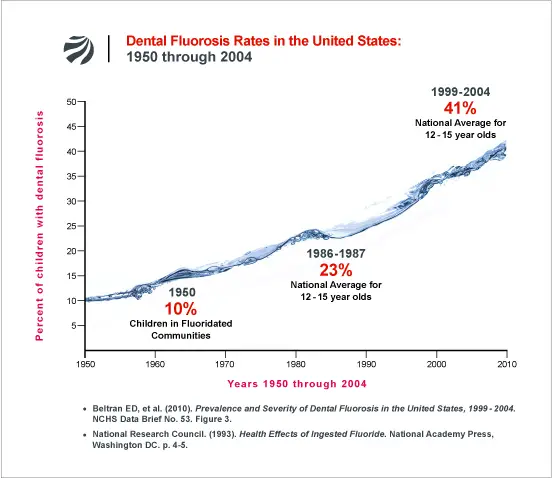
Galway is the sixth most populous city in the country with over 75,000 residents. The vote comes only several months after Cork and Dublin, the two largest cities in the country passed similar motions.
A similar vote by the Cavan County Council (which represents 72,000 residents), comes only two weeks after both the Leitrim and the Wexford County Councils—representing approximately 180,000 residents--passed motions calling for a ban of fluoridation.
According to one Cavan councilor, Cllr McDonald, “This over exposure to fluoride has serious side effects, including dental fluorosis, a developmental disturbance of dental enamel caused by excessive exposure to high concentrations of fluoride during tooth development. The evidence against fluoridation is overwhelming. It is time to stop this mass medication.”
For more information on the victory in Leitrim, please visit the Fluoride Free Towns campaign and “like” their Facebook page.
Fluoridation Conference in Sydney, Australia
If you live in Austraila, especially if you live in the Sydney area, you are invited to attend one of the most important conferences on fluoridation in recent memory. On Saturday, February 21st some of the leading world experts on fluoridation will be speaking at a day-long public seminar to explore the science for and against the practice. The theme of the conference is “Water Fluoridation: Exploring the Science,” and will feature 20-30 minutes presentations, along with plenty of time for Q&A, from speakers including:
•
Prof. Paul Connett PhD -
Chemistry/toxicology
•
Dr Bill Hirzy PhD - former risk
assessment scientist with the US Environmental Protection
Agency
•
Prof Ray Kearney PhD -
infectious diseases and immunology
•
Dr. Stan Litras BDS- dentist
NZ
•
Dr Andrew Harms BDS - dentist
& former president of ADA (SA Branch)
•
Dr. Geoff Pain PhD -
chemistry
•
Dr. Jane Beck BSc. MBBS -
medical practitioner NZ
•
ADA/NSW Health/Syd Uni -
supporting water fluoridation
NOTE:
Organizers have invited the Australian Dental Association (ADA) and Sydney
University Dental Faculty to present and are still awaiting confirmation of a
speaker/s
The event will be moderated by Dr. Ron
Ehrlich, BDS, FACNEM (Dent), and will be held from 9:30AM to 4:30PM in the
University Hall at the University of Technology, Sydney (15 Broadway, Ultimo,
NSW).
Click here for more
information















